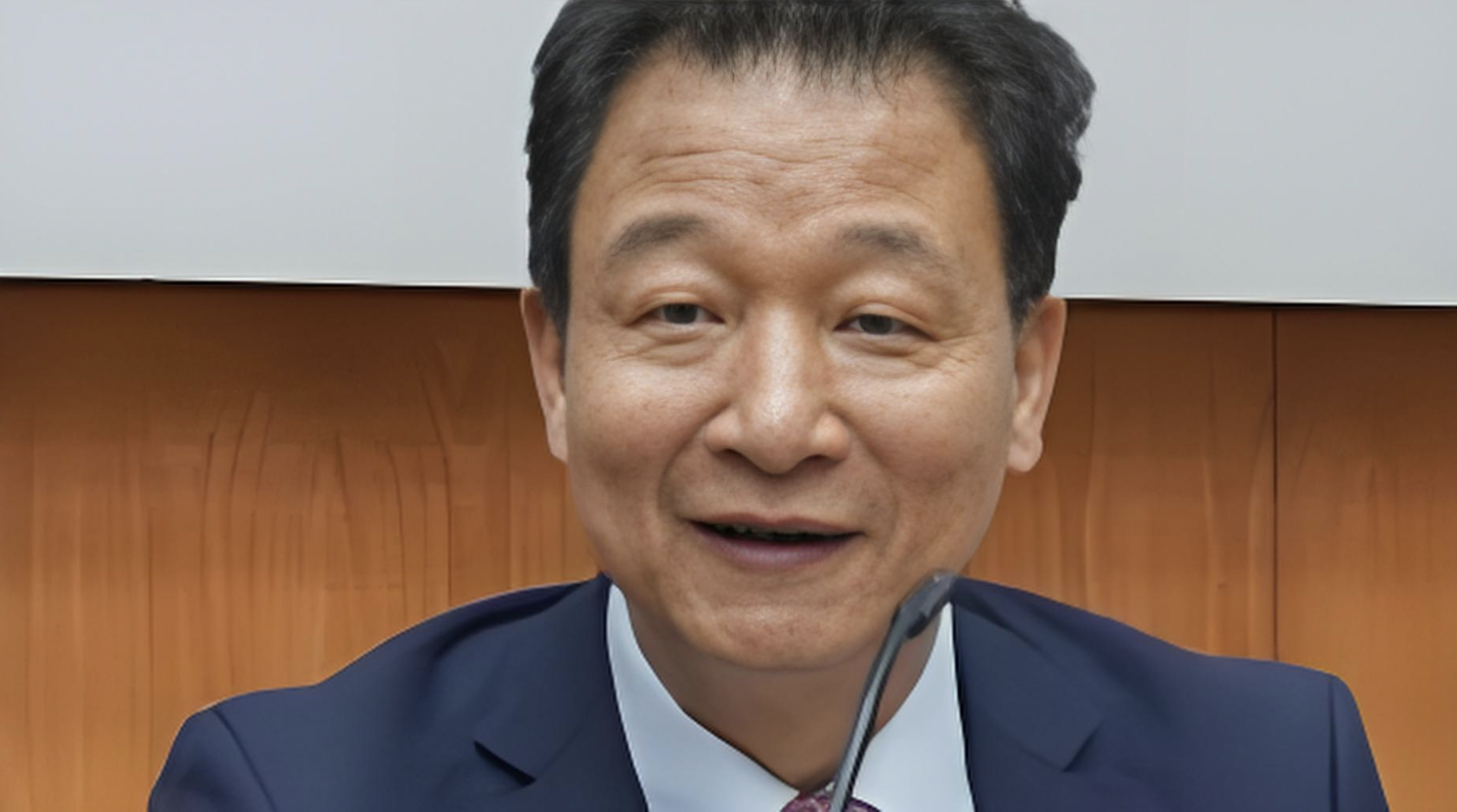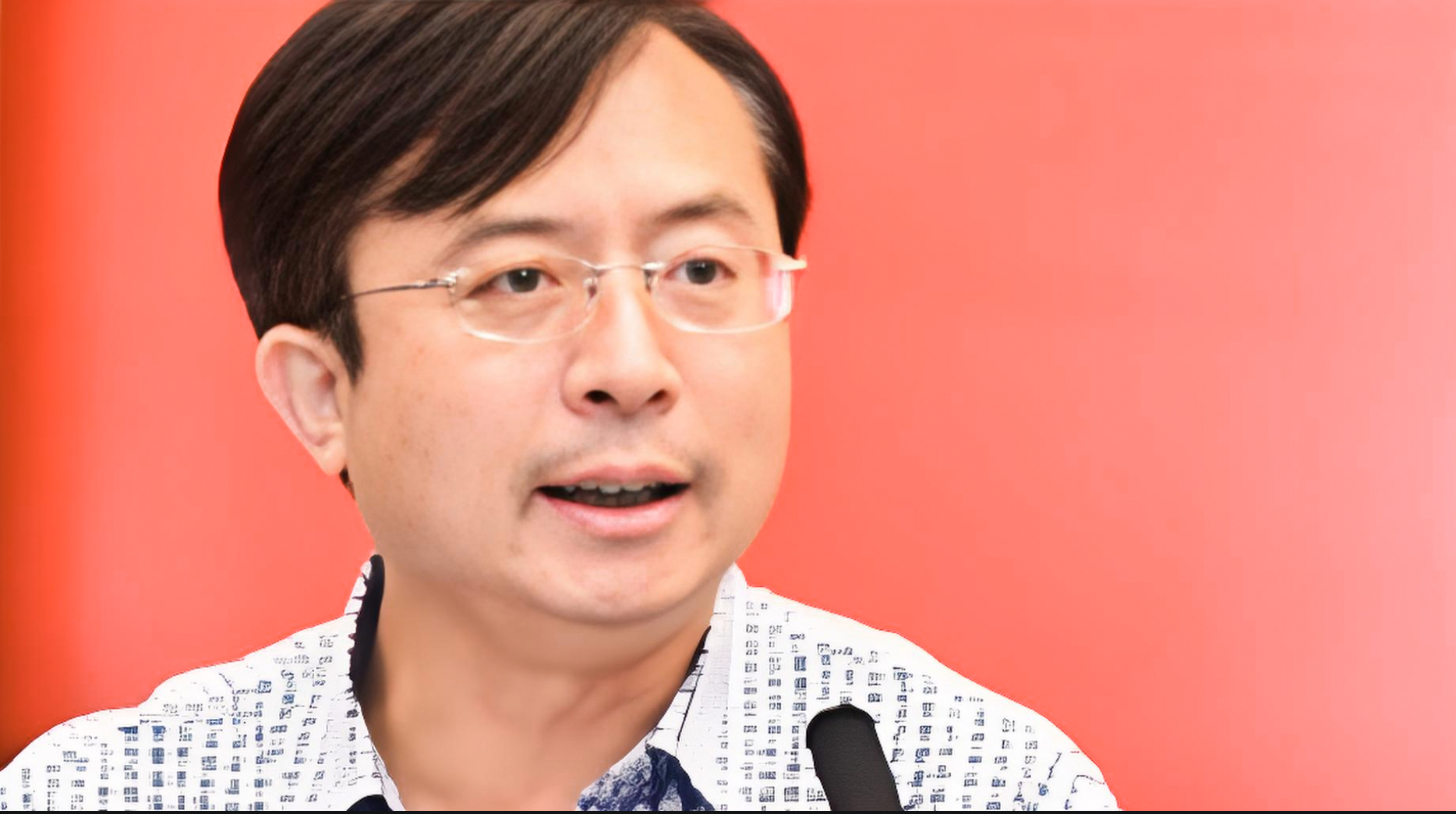supervision law amendment imminent—how is this shifting policy?
- revision further aligns supervision and criminal measures
- detention (former shuāngguī) extended to 16 months max
- yet to recalibrate supervisory agencies’ extravagant power
Public comment on a draft amendment to the ‘Supervision Law’ closed in mid-October. In this context, ‘Supervision’ investigates Party and state employees, typically leading to corruption charges, etc.
The law empowers the NSC (National Supervision Commission) to crack down on official misconduct. The amendment is part of a broader strategy to curtail corruption within state agencies and public service sectors and ensure greater accountability among public officials. Xi’s core doctrine of ‘self-revolution’ for the Party is necessary, he contends and is deemed imperative for the Party's survival. The point now is to do so via legislation boosting the long-term authority of the Party. NSC observers wonder if new constraints will be imposed or if the Commission's powers will continue to expand.
The amendment draft so far suggests hopes of a broader range of investigatory measures and better coordination with the Criminal Procedure Law. Aside from outright detention, an array of responses is envisaged. Responses akin to bail, summonses, and protective custody are added options. Not only boosting the state’s enforcement capacity, these options allow more leniency case by case.
twists and turns
Xi Jinping 习近平 constantly repeats that anti-corruption is imperative to consolidate Party rule. Launched in 2018, a new anti-graft apparatus expanded the state’s ability to crack down. At its centre, the swiftly created NSC (National Supervision Commission) was proclaimed of equal rank to the State Council, SPC (Supreme People’s Court) and SPP (Supreme People’s Procuratorate). It would closely liaise with the CCDI (CPC Central Commission for Discipline Inspection) on multilayered disciplinary probes. For all the Party’s disdain for formal limitations, it still constrains the NSC via the 2018 Supervision Law.
Anti-graft inspections proliferated in 2024, with probes of over 50 central managerial and 530 provincial-level cadres. Two perpetrators of scandals involving over C¥1 bn were sentenced to death without reprieve.
In structural terms, the July 2024 Third Plenum stepped up demands to refine supervision agencies via an amendment to the Supervision Law—its first.
The draft amendment toughens up anti-graft initiatives, claims Feng Liqiang 封利强 East China University of Political Science and Law.
reaching further
The amendment expands the dispatch of supervisory bodies and officers to CPPCC organs and public institutions, and it will likely be extended to non-Communist Party and ACFIC organs. It also creates a re-dispatch system extending oversight to vertically administered agencies, campuses, and SOEs.
‘Supervisory detention’ (liúzhì 留置) periods will be extended
- original: 6 months maximum (3+3)
- amended: 16 months maximum (6+2+6+2)
However, Feng notes that the criteria for such extended detention lack procedural clarity. He suggests adding a provision for routinely revisiting such decisions.
Global cooperation on anti-graft will improve. The amendment eases cross-border liaison across multiple domains, including the recovery of fugitives, investigation, and gathering of evidentiary material.
humane alternatives
More supervisory measures are introduced, offering ‘humane alternatives’ to detention
- summons (qiángzhì dàoàn 强制到案)24 hours max, the same length as detention (拘传 jūchuán) in criminal procedure
- demands individuals suspected of duty-related breaches or duty-related criminal offences to appear for questioning
- standby for investigation (zélìng hòuchá 责令候查) up to 12 months, equal to bail pending trial (qǔbǎo hòushěn 取保候审 in criminal procedure
- applies to persons otherwise deserving detention
- offer alternative conditions for temporary release
- conditional on ‘good behaviour’
- managed protection (guǎnhù 管护)
- designed to protect suspects who willingly confess
- sends suspects to supervisory detention venues within 24 hours after imposition
- determines release or detention within seven days, with possible extension for one to three days
‘Standby for investigation’ allows relative freedom for those under inspection. This is supported by Yang Shangdong 杨尚东 Southwest University of Political Science and Law Discipline Inspection School Supervisory Research and Teaching Centre.
Suspects are additionally protected insofar as
- violence must not be used to extract evidence
- official authority may not interfere with business operations
- close family of suspects may request modification of supervisory measures
- post-investigation reports must be filed for collective review
While offering softer alternatives to detention, the amendment still fails to allow access to lawyers during investigations, contends Qin Shun 秦顺 DeBund Law Offices. Feng Liqiang likewise finds prohibiting ‘violent’ extraction of evidence inadequate—‘indirect violence’ may also be employed, Feng suggests expanding the prohibition of coercion in any form.
The broader picture
The amendment aims to better position the ‘supervisory’ system within the national legal framework. Experts note that the added supervisory measures are directly inspired by the Criminal Procedural Law, aiming at standardisation and procedural convenience.
‘Coercive measures’ under the Supervision Law is nonetheless less constrained than under the Criminal Procedure Law object Zhao Zhicheng 赵志成 and Yan Haijie 严海杰 Zhong Lun Law Firm. A criminal summons must gain strict internal approval; no such rigour is imposed on its supervision equivalent. While approval from the prosecutor’s offices is required for police arrests, supervisory detention or ‘managed protection’ is at the discretion of supervisory agencies alone.
While new measures are proposed for ‘watching the watchmen’, critics point out that clear guidelines are lacking on when and how this is effected. The draft legislation only suggested that supervisory agents can be ‘confined’ (jìn bì 禁闭) if there is a need to ‘prevent serious consequences’ or ‘harmful impact,’ ambiguous, to say the least.
Externally, the NSC is exempt from presenting work reports to the NPC during the Two Sessions and is not subject to administrative court review. This level of discretion draws scrutiny. While Party-state agencies attempt to address such issues, they take a piecemeal approach via limited revision instead of reworking the entire supervision system. The point remains: how to integrate strict oversight of Party and state officials with Beijing's idealised 'rule by law'.
profiles

Qin Qianhong 秦前红 | Wuhan University Law School professor
According to Qin, balancing supervisory powers with constitutional order is a major issue for the PRC. Expanding official oversight via the NSC (National Supervision Commission), the Supervision Law created legal grey zones, above all regarding whom agencies could monitor. The agencies may, Qin fears, overstep their bounds. A State body, the NSC has its own source of power: the NPC and its Standing Committee. The NSC should be humble and, advises Qin, when overseeing congresses, focusing on specific personnel, not the institution itself. Congress functions ought to be protected and delegates’ popular sovereignty respected.
A moderate reformist, Qin was among the ranks of disgruntled jurists objecting to the rollout of judicial changes. Teaching at the Wuhan University Law School since 1997, Qin specialises in the PRC Constitution, its supervision system, judicial ‘reforms’ and intra-party regulations. He is currently vice chairman of the Constitutional Law Research Association of the Chinese Law Society. He has played several advisory roles in Party-state organs, including the Hubei Provincial Government, People’s Congress and Political Consultative Conference.

Feng Liqiang 封利强 | East China University of Political Science and Law Discipline Inspection professor
The point of changes to ‘supervision’ is achieving total oversight, argues Feng, citing legal principles
- popular sovereignty, public power accountable to the people
- separation of powers, ensuring effective state operation
- checks and balances that prevent power abuse
To be sure, supervision faces real difficulties. The agencies are blind to industry-specific corruption. There is yet to be a clear definition of ’officials’ (公职人员) who are to be subject to oversight. Feng suggests creating specialist commissions to tackle professional issues. He recommends classifying subjects as ‘normal’ or ‘special’. ‘Normals’ have routine roles in the system; ‘specials’ hold temporary posts only. The duties of normals need to be defined, and their history must be fully recorded. ‘Special’ subjects, meanwhile, must commit to ‘own’ any consequences of malfeasance.
Since 2009, Feng has been a legal scholar at the East China University of Political Science and Law. He specialises in criminal procedure, evidence and supervisory law. As director of the Supervisory Law Research Centre, he leads organisations such as the PRC’s Criminal Procedure Law Research Association, Anti-Corruption Law Research Association, and Zhejiang’s Supervisory Law Research Association.
timeline
13 Sep 2024: The NPC Standing Committee releases the ‘amended Supervision Law (draft)’ for public comment.
20 Sep 2021: The NSC issues the ‘regulations for implementation of Supervision Law’
20 Aug 2021: The NPC passed the Supervisors Law to be enacted on January 1, 2022
20 Jun 2020: The NPC passed the Governmental Sanctions for Public Employees Law to be enacted on July 1, 2020
30 July 2019: The CCDI and the NSC issue the ‘regulations on supervision and law enforcement work of supervisory organs‘
24 Aug 2018: The CCDI and the NSC issue the ‘measures for the work of contracted supervisors of the National Supervisory Commission’
23 Mar 2018: The NSC is officially inaugurated
20 Mar 2018: The NPC approves NSC creation and passes the Supervision Law
11 Mar 2018: The NPC added provisions related to supervision organs in the Constitution
25 Feb 2018: Supervisory Commission build-up is completed nationwide at all levels
7 Nov 2017: The NPC solicits opinions on the ‘supervision law (draft)’
4 Nov 2017: The NPC Standing Committee passes ‘extending pilot of state supervision system reform’
18 Oct 2017: The 19th Party Congress proposes to deepen the reform of the national supervisory system and formulate a national supervision law.
25 Dec 2016: The NPC Standing Committee approves the Beijing, Shanxi Province, and Zhejiang pilot programme
7 Nov 2016: The CPC General Office issues the ‘plan for carrying out the pilot program of national supervisory system reform in Beijing, Shanxi Province, and Zhejiang Province’
